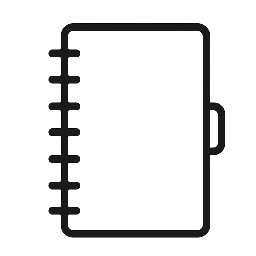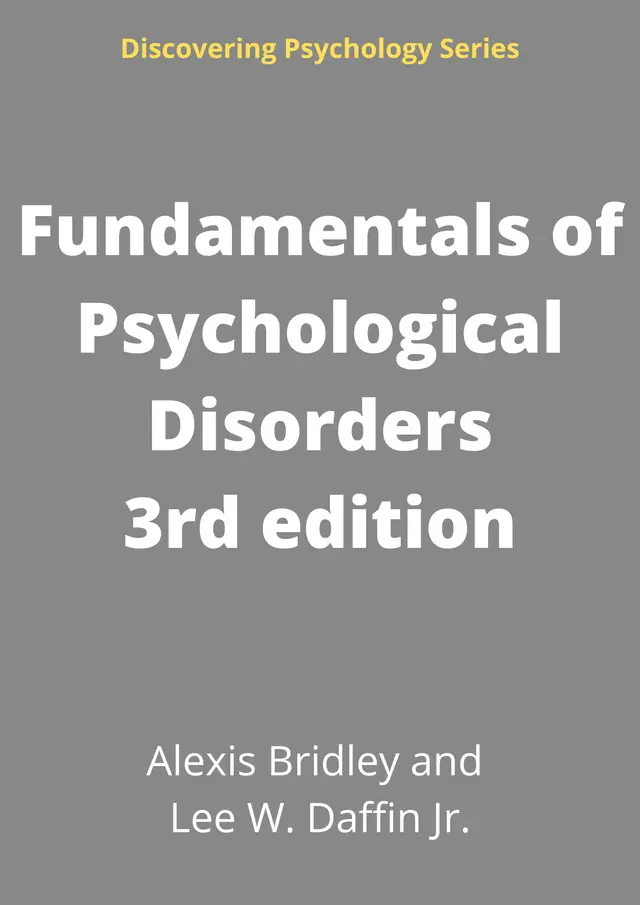Getting an adult ADHD diagnosis in Ontario involves consulting a healthcare professional experienced in ADHD assessments. The most straightforward way is to start with a family doctor or nurse practitioner who can refer the person to a psychologist, psychiatrist, or specialized clinic for a formal evaluation.
Many adults seek diagnosis due to lifelong symptoms affecting focus, organization, and daily functioning. Knowing where to go and what to expect from the process can help reduce uncertainty and delays in getting proper support.
Assessment typically includes a detailed interview, questionnaires, and gathering past medical and developmental history. Access to qualified professionals varies, but publicly funded and private options exist depending on urgency and resources.
The Adult ADHD Diagnosis Process in Ontario
Question is How to Get Adult ADHD Diagnosis Ontario ? Adults suspecting they have ADHD must understand key symptom patterns, how to initiate professional assessments, and which healthcare providers offer diagnosis. This ensures a clear path to accurate diagnosis and appropriate support.
Recognizing ADHD Symptoms in Adults
Adult ADHD symptoms often differ from childhood signs but usually include persistent issues with attention, impulsivity, and organization. Adults may experience difficulties managing time, maintaining focus, or completing tasks.
Common symptoms include:
- Frequent forgetfulness
- Chronic procrastination
- Restlessness or difficulty relaxing
- Interrupting others or impatience
Symptoms must have been present before age 12 and cause impairment in multiple settings such as work and home. Many adults also face coexisting conditions like anxiety or depression which require consideration during evaluation.
Steps to Seek a Professional Assessment
The initial step is to consult a primary care provider or a mental health professional. They will take a detailed history of symptoms, impact on daily life, and family medical background.
Assessment tools include standardized questionnaires and clinical interviews. Sometimes, completion of childhood behavior checklists or input from family members is requested for diagnostic clarity.
If needed, the patient may be referred to specialists for comprehensive evaluation. Follow-up appointments monitor symptom progression and guide treatment decisions.
Types of Healthcare Providers for Diagnosis
In Ontario, ADHD diagnosis can be made by:
- Family physicians: Often the first contact, they can offer preliminary assessment and referrals.
- Psychiatrists: Specialists in mental health disorders, able to conduct detailed evaluations and manage medication.
- Psychologists: Provide in-depth diagnostic testing using psychological assessments but do not prescribe medication.
- Neurologists: Occasionally involved if neurological factors are suspected.
Choosing the right provider depends on symptom complexity, access to specialists, and personal healthcare coverage.
Meeting Requirements and Accessing Support
Understanding the specific medical criteria and pathways for diagnosis is essential. It helps individuals identify the right professionals and resources. The process varies between public and private options, with distinct timelines and costs.
Criteria for an ADHD Diagnosis in Ontario
To be diagnosed with adult ADHD in Ontario, individuals generally need to show symptoms that began in childhood and continue into adulthood. These must affect at least two areas of life, such as work and relationships.
Clinicians follow the DSM-5 criteria, which include persistent inattention, hyperactivity, and impulsivity. Diagnostic tests or interviews may involve standardized questionnaires and a detailed history review. The physician often rules out other potential causes for the symptoms before confirming ADHD.
Evidence from school reports, previous medical records, or family interviews can support the diagnosis. Ontario healthcare providers often require this comprehensive information to ensure accuracy.
Navigating Public and Private Assessment Options
Public assessments are available through family doctors, psychiatrists, or community mental health services but often come with long wait times, sometimes exceeding a year. The referral process typically begins with a visit to a family physician.
Private assessments offer faster access but can cost between $1,000 and $2,500. Private psychologists or psychiatrists provide testing and diagnostic services directly without a referral, allowing quicker results.
Key Differences:
| Aspect | Public System | Private System |
| Wait Time | Months to over a year | Weeks to a few months |
| Cost | Covered by OHIP | Out-of-pocket |
| Referral Needed | Yes | Not always |
| Assessment Scope | Limited by resource availability | Comprehensive, including tests |
After Diagnosis: Treatment and Resources
Following diagnosis, treatment often includes medication, psychotherapy, or a combination of both. In Ontario, stimulant medications such as methylphenidate are commonly prescribed but require ongoing monitoring.
Support services include cognitive-behavioral therapy, coaching, and support groups. Some organizations provide workplace accommodations through the Accessibility for Ontarians with Disabilities Act (AODA).
Community health centers and ADHD Ontario chapters offer educational workshops and peer support. Access to treatment plans and resources may depend on whether the assessment was private or public.





Leave a Reply